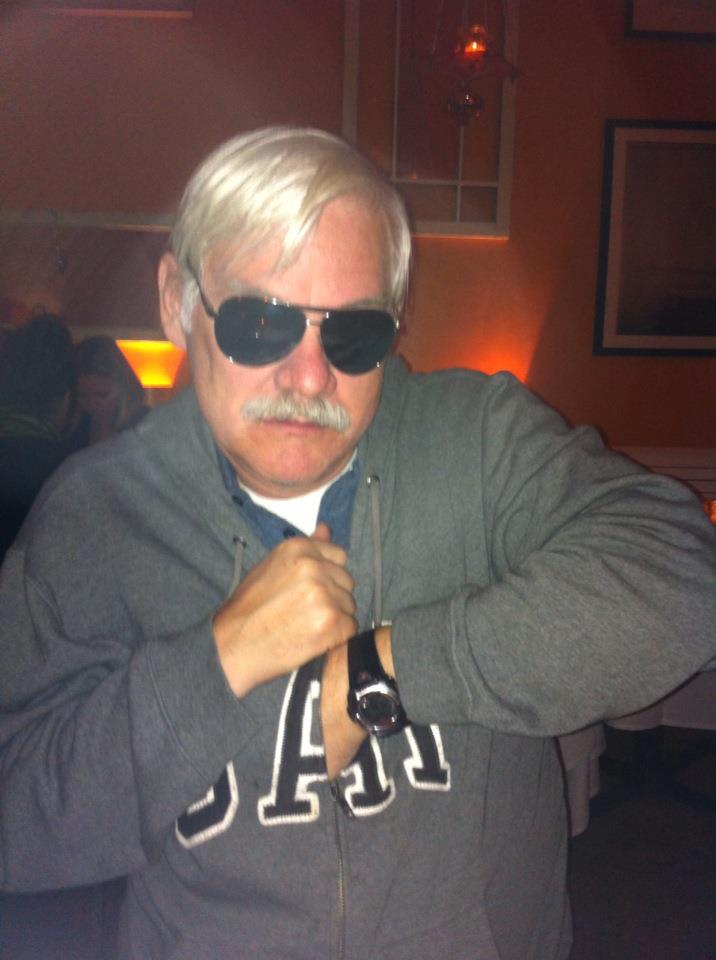Chapter Three: Entering Politics
During his formative years in school in his hometown of Birán, Mayarí, Oriente, as well as in Santiago de Cuba, Fidel saw first hand the injustices of rich against poor, white-skinned versus dark-skinned and citizens opposing émigrés. The poor children near his home who didn’t have enough to eat, the lack of dark-skinned students in school, and the boatloads of Haitians herded like cattle onto ships destined to send them back as if they were nothing more than last year’s model, used, abused and refused.
University life was going to bring a whole new level of injustice hitherto unknown to him. He aligned himself with the Orthodox People’s Party of Cuba which had been started by a very charismatic and very popular radio personality, Edouardo Chibás. In 1947, his group started publishing a newspaper, El Acusador, to get the message out to all he can. At the same time a friend from Birán, the son of Señor Valero, the Spanish Republican, joined the party with Fidel as a sympathizer. Fidel trusted him implicitly, until one day Dictator Batista’s army arrived, uncovered the mimeograph machine they used to create their newspaper and destroyed it. The lesson was a bitter one for Fidel who felt betrayed by a friend and vowed never to get suckered in again by those he knows.
Edouardo Chibás was a charismatic radio announcer who fought corruption wherever he found it. For years, he would often and openly denounce Batista and other corrupt officials while on air from 8:00 pm to 8:30 pm on Sundays. He was the first radio personality that attacked the status quo and championed the common man. In 1947, in the spirit of the great hero Martí, he founded The Orthodox People’s Party of Cuba. Chibás’s sense of denouncing corruption and immoralities among the ruling class became legendary. This was Fidel’s first foray onto the national political stage and it would serve as a basis for forming the type of revolutionary that he would become later on.
This valuable lesson gave Fidel the necessary insight on how revolutionary parties are formed. From the breakaway party started by Chibás, which had thousands of supporters and many celebrities from its inception, to a small band of a half dozen dedicated activists, Fidel could see what was essential in both cases to create a viable and permanent fixture of change for the good of the people.
Fidel Castro entered university life more as an athlete than a political apprentice, but within weeks of arriving, the intrigue of politics and the iniquities he saw manifest around him, drew him away from sports and into the policy-making arena. His opposition to the injustices he saw around him turned him into a fierce candidate for the position of president of the FEU, Federación Estudiantil Universitaria, or the University Student Federation. As his voice grew louder and attracted more sympathizers, threats from the government’s official candidate and his group grew more dangerous. They forbade him from returning to the university and one day, feeling completely lost and abandoned, Fidel laid down on a Havana beach, tucked his head in his hands, and cried. He was 20 at the time.As he sat there alone, meditating on his situation and what to do next to confront these aggressors, Fidel made the decision that would forever change his life, change his country’s life and indeed, change the course of the world forever. He decided that he would stand and fight, even if that meant being killed by these goons. The transformation happened practically overnight. A good friend gave him a pistol for protection.
In a scene reminiscent of the movie, The Magnificent Seven, as Fidel slowly marched toward the University of Havana and his own destiny, a complete stranger, also armed, arrived to march with him out of admiration. One became two and two became three, and Fidel found himself with five complete strangers, all armed, marching along side Fidel and into the history books.
He realized then and there that dignity, morality and truth are unconquerable weapons.





